The Top Four Problems with Plant-Based Protein
Plant-based protein has gained popularity in recent years, driven by an increasing number of individuals adopting vegetarian, vegan, or flexitarian diets. While plant-based protein offers several benefits, it also comes with considerable limitations.
Let’s explore some of the top problems associated with plant-based protein consumption:
Incomplete Amino Acid Profile
One of the primary concerns with plant-based protein sources is their incomplete amino acid profile [1]. Unlike animal-based protein sources, which provide all essential amino acids, most plant proteins lack one or more essential amino acids. For example, grains and legumes are deficient in the essential amino acid lysine, while fruits and vegetables often lack methionine. When the body lacks an amino acid in the diet, it will break down muscle to release that missing amino acid. As a result, it’s essential for those relying on plant protein to carefully plan and combine different plant protein sources to ensure a balanced amino acid intake.
Lower Protein Quality
In addition to incomplete amino acid profiles, plant-based proteins often have lower overall protein quality compared to animal-based sources [2,3]. The digestibility and bioavailability of plant proteins can be lower due to the presence of anti-nutritional factors, such as phytates and protease inhibitors, which can inhibit protein absorption. Consequently, those consuming strictly plant-based protein sources are getting less protein than they think they are.
Limited Essential Nutrients
Plant-based proteins often lack certain essential nutrients commonly found in animal-based sources. Notably, vitamin B12, which is vital for neurological function and red blood cell production, is predominantly present in animal products [4]. Iron and zinc, essential for energy production and immune function, are less bioavailable in plant sources due to the presence of compounds that inhibit their absorption [5]. Thus, individuals eating plant-based diets are at risk of nutrient deficiencies.
Allergenic Potential
Plant-based proteins, such as soy, wheat, and nuts, are known allergens, and individuals with sensitivities or allergies may need to avoid these sources [6,7]. Soy, in particular, contains compounds that can cause allergic reactions in susceptible individuals, including gastrointestinal distress, skin rashes, and respiratory symptoms. Cross-reactivity between plant proteins can further complicate matters, making it challenging to find suitable alternatives.
The concerns with plant-based proteins are considerable, but for those looking to include them in their diet, all is not lost. A few simple tweaks can help you ensure that your lifestyle incorporates high quality protein.
What You Can Do
Mix and match. Eating proteins from different plant sources is a great way to ensure you’re getting a complete amino acid profile on a vegan diet. Include a diverse range of protein-rich foods in your diet, such as legumes (beans, lentils, chickpeas), whole grains (quinoa, brown rice, oats), nuts and seeds (almonds, chia seeds, hemp seeds), and less processed and fermented soy products (such as tempeh, natto, tofu, and edamame). Each of these sources provides a unique combination of amino acids.
Eat Fermented Foods
Fermented foods play an important role in a healthy plant-based diet, and incorporating them can help address many concerns that arise with this way of eating.
Increased protein quality: Fermentation directly addresses low protein quality by removing anti-nutrients, thereby improving protein digestion and absorption of plant-based proteins [8].
Increased nutrient availability: Fermentation can enhance the bioavailability of nutrients in plant-based foods [9]. It breaks down complex compounds into simpler forms that are easier for the body to absorb. For example, fermenting soybeans to make tofu or tempeh can increase the availability of essential amino acids.
Improved digestion: Fermented foods are rich in beneficial bacteria, also known as probiotics, which can support gut health [10]. Probiotics help break down and assimilate food, promote healthy digestion, and contribute to a balanced gut microbiome. This can be especially beneficial for vegans who consume high-fiber diets, as probiotics can aid in breaking down dietary fibers. Probiotics and improvements to gut health may also reduce sensitivities to food allergens common to the diet [11].
Improved immune system: The gut microbiome plays a crucial role in immune function [12]. Fermented foods contribute to a healthy gut microbiome, which can help support a robust immune system. A well-functioning immune system is particularly important for vegans since certain nutrients commonly found in animal products, such as vitamin B12 and zinc, can be more challenging to obtain from a vegan diet alone.
Summary
Understanding potential limitations in a plant-based diet is essential to empower individuals to address nutritional gaps, make informed dietary choices, and ensure a balanced and sustainable approach to plant-based protein consumption. Eating a variety of protein sources and incorporating fermented foods can help you make sure that your plant-based diet is the healthiest it can be.







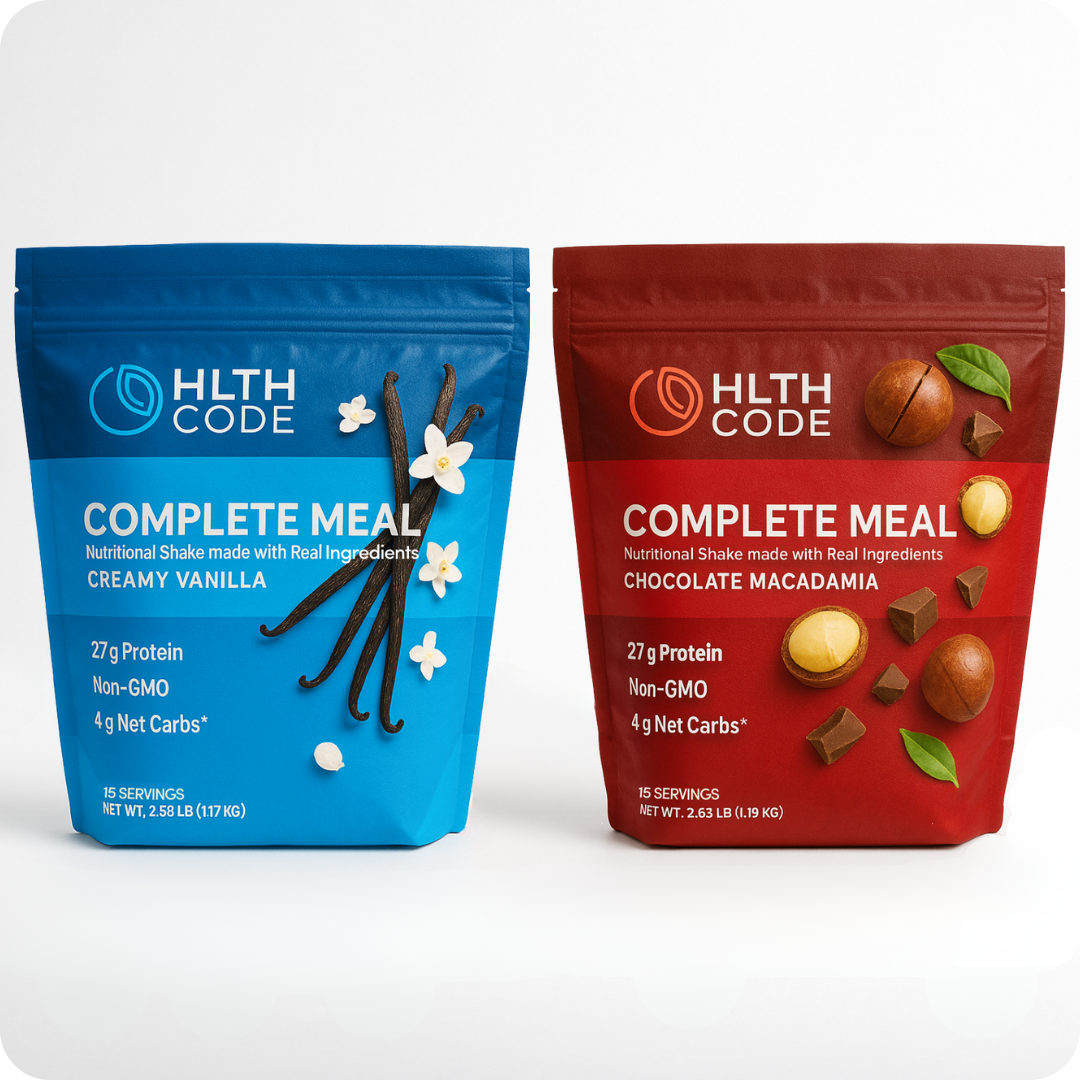
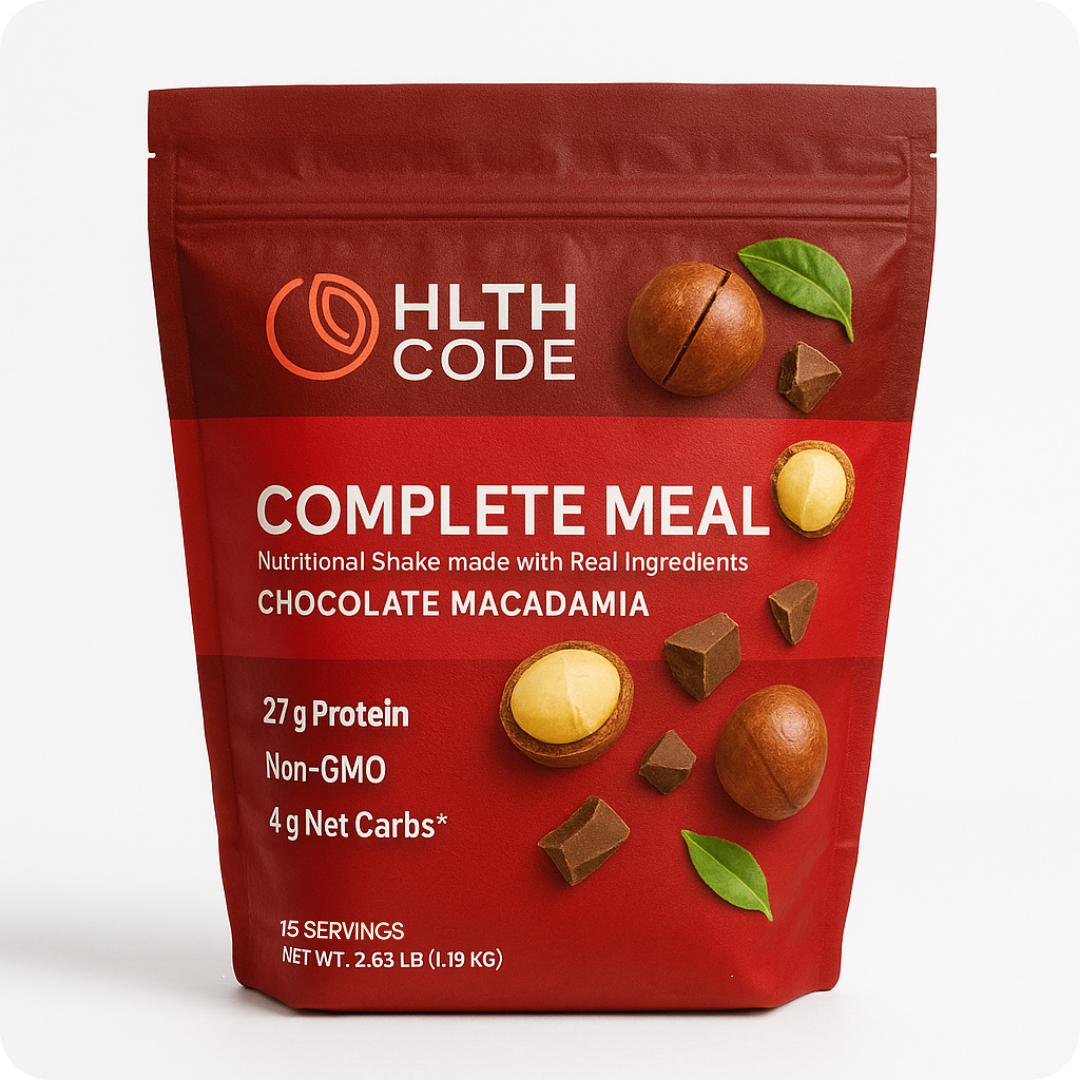
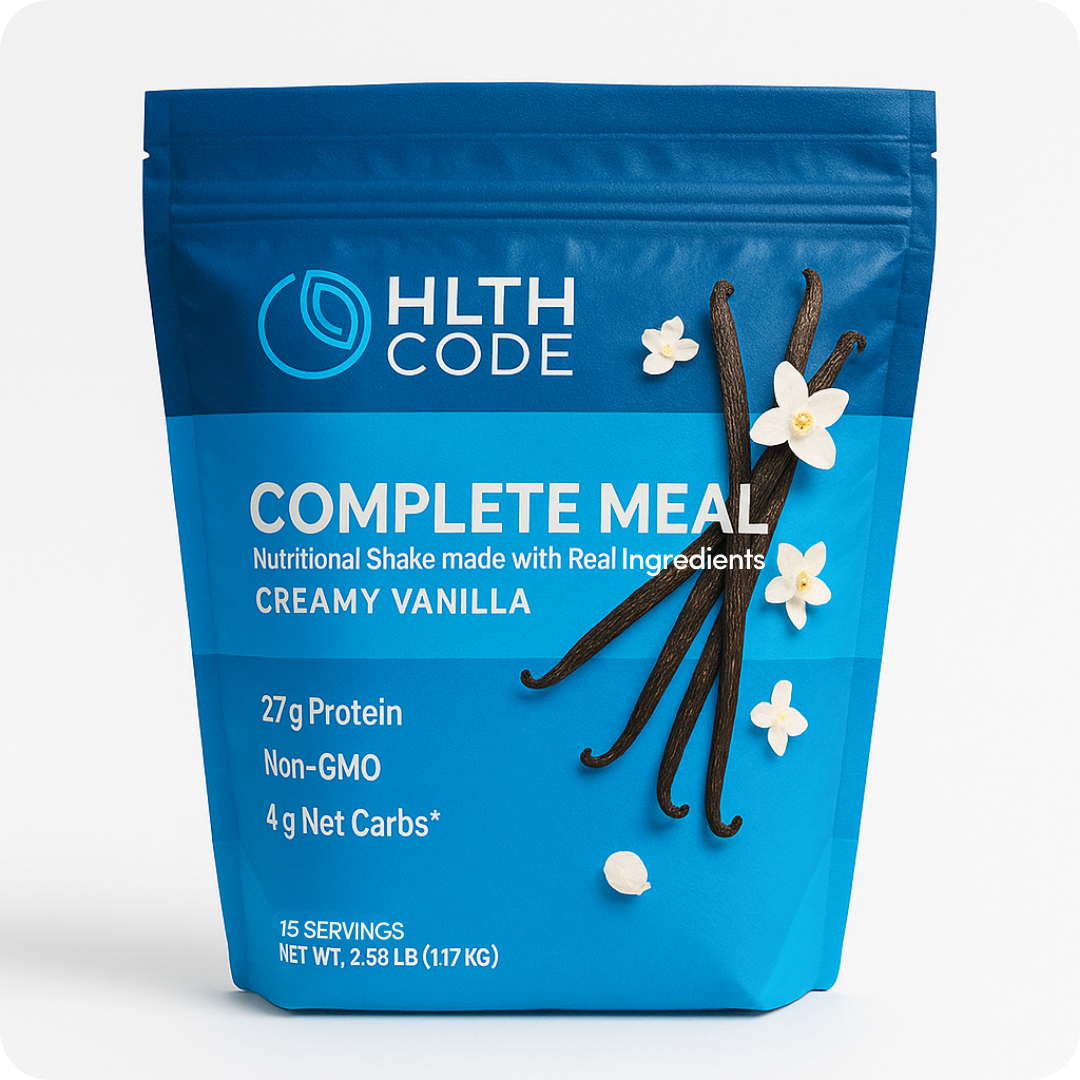
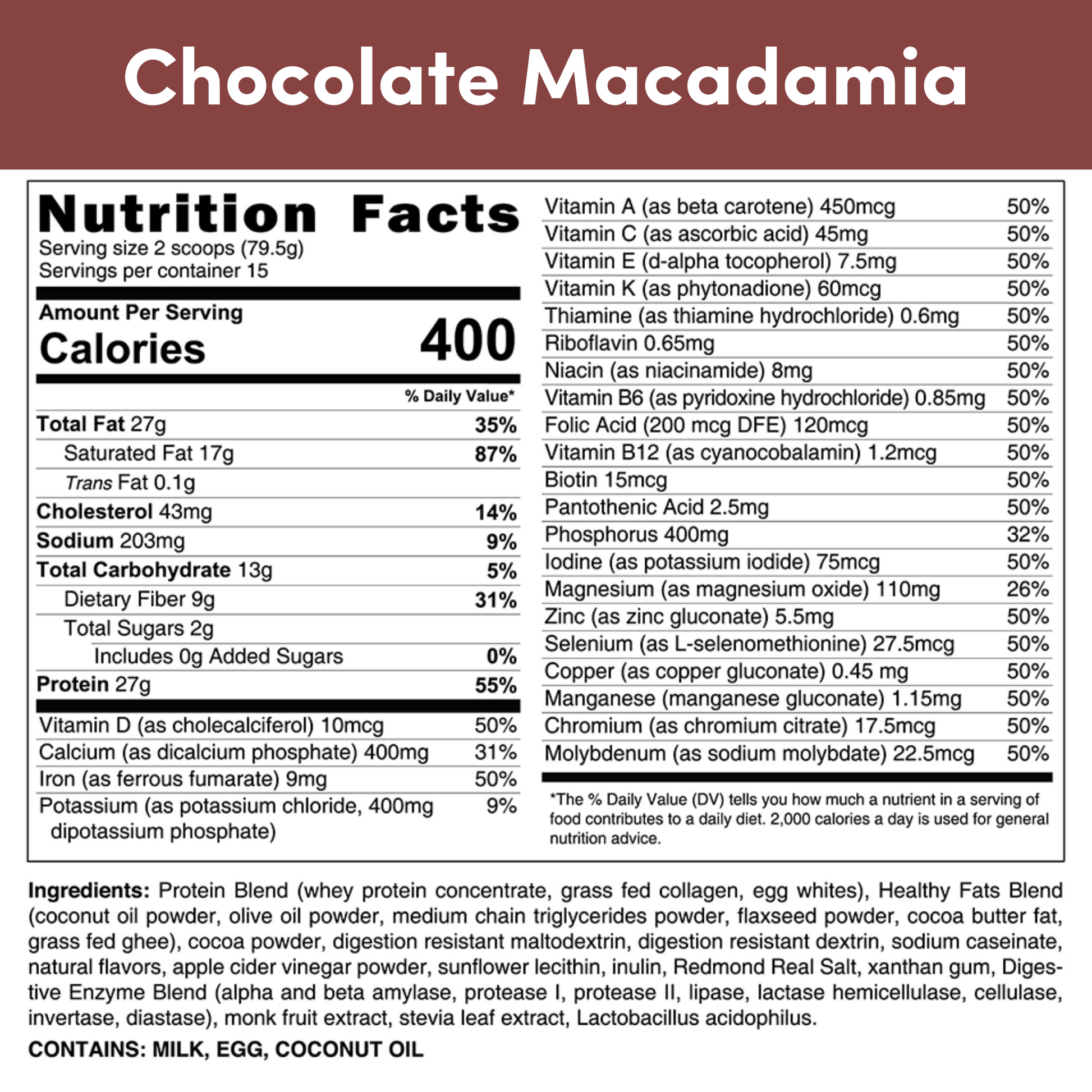
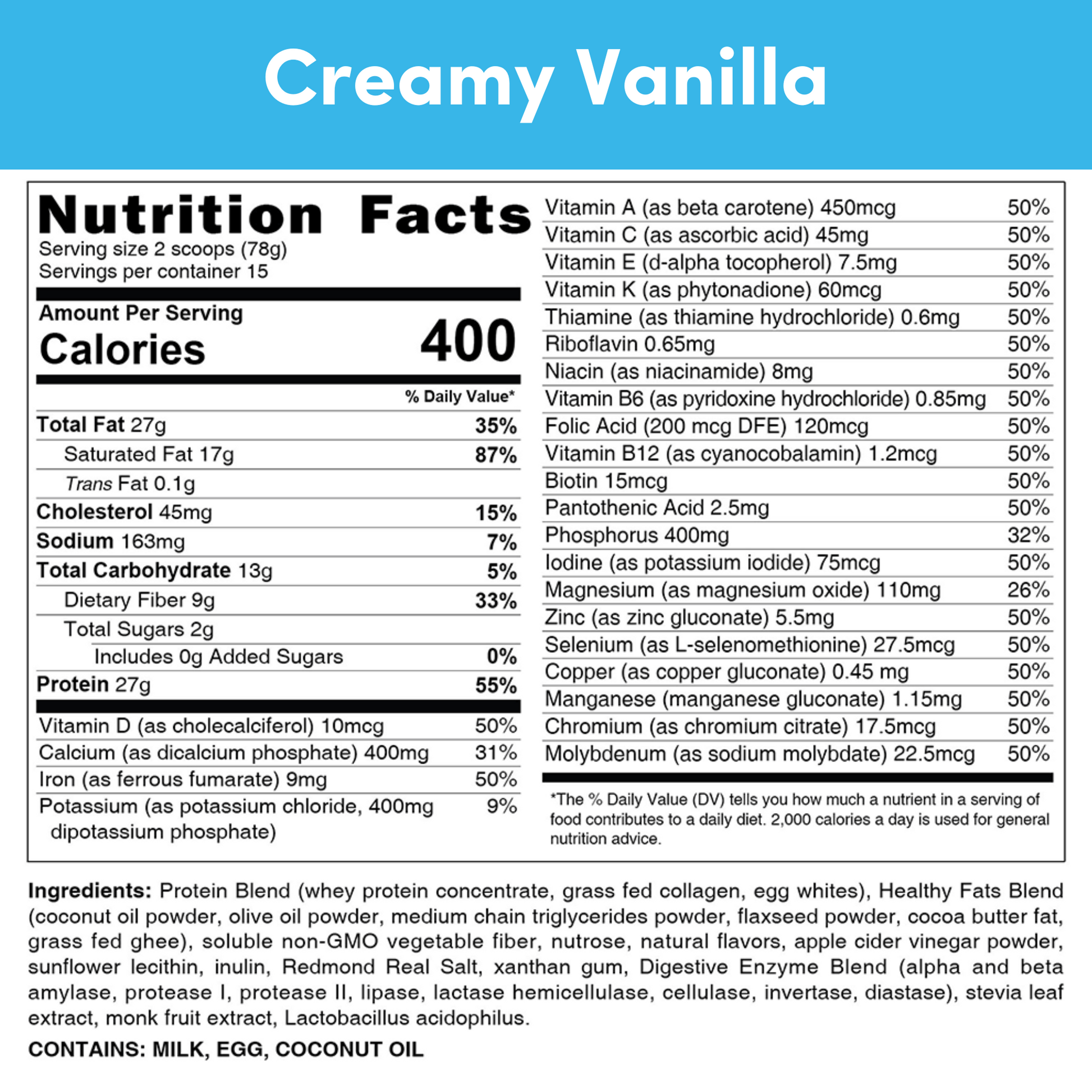


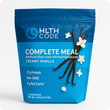
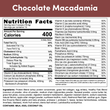
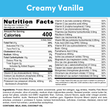

 30 Day Money Back Guarantee
30 Day Money Back Guarantee